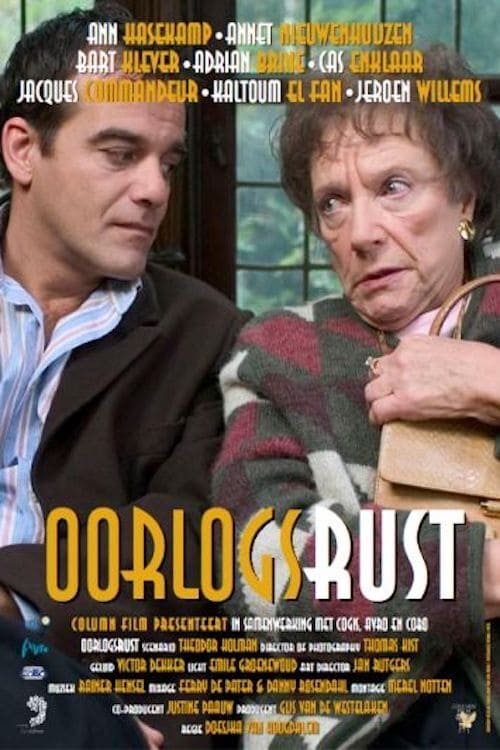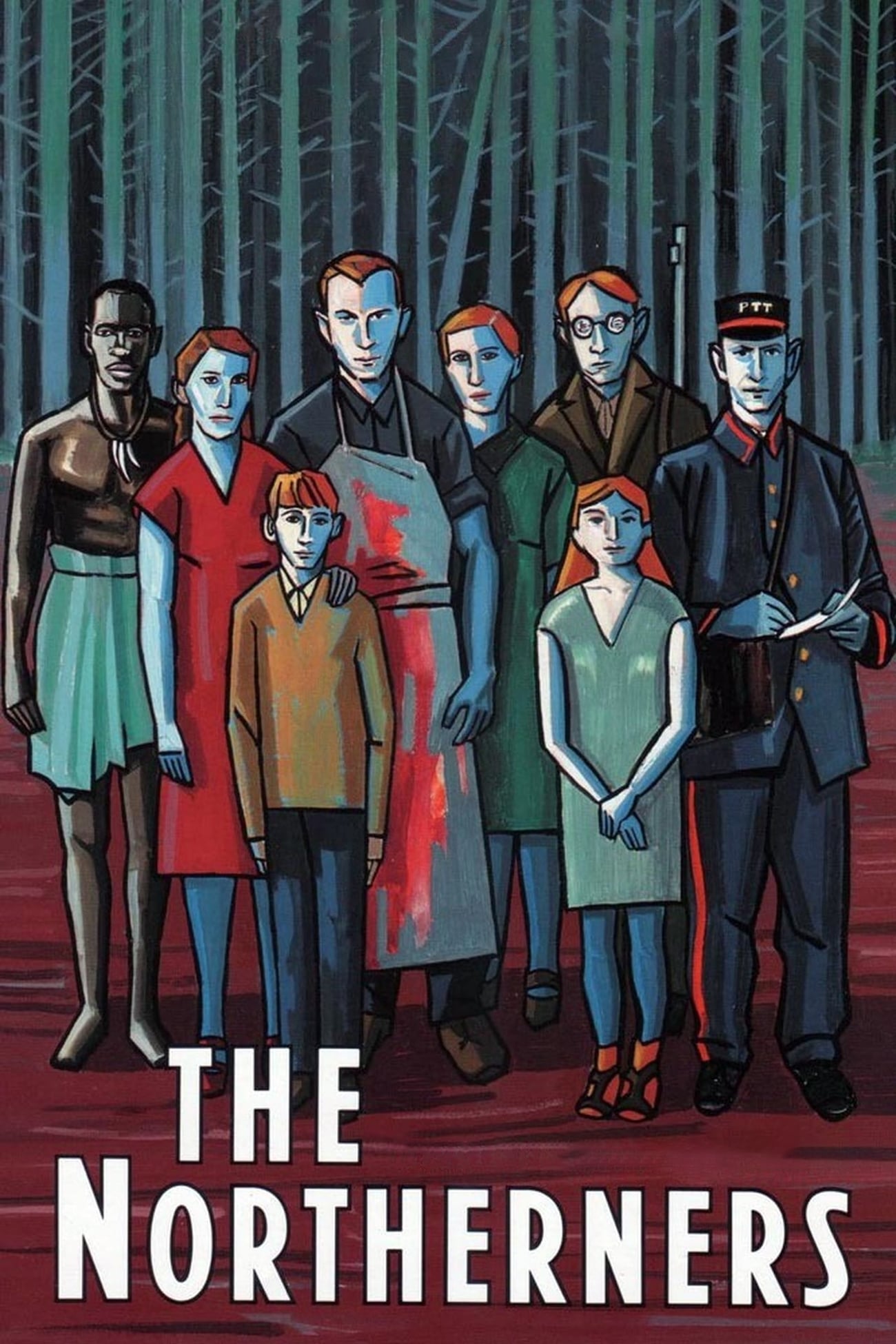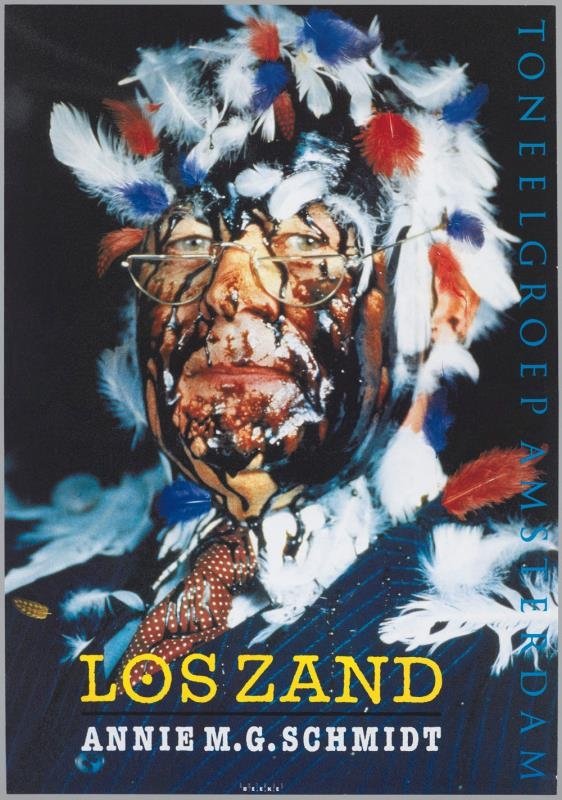

Mrs. Boon is taken to a nursing home. She can no longer live by herself and her war memories of the Japanese POW camp increasingly determine her life; she is clearly suffering from a concentration-camp syndrome. The young and largely immigrant nursing home staff does not really see what is the matter or know much about the history Mrs. Boon lives in, which elicits some unadulterated racist statements from her. Things grow worse when the new resident Mrs. Cohen arrives, a Jew who survived Auschwitz. And they are not the only ones in the home with a 'war past'.

Who is Patient Number 4, and what does he have to do with the Van Oranje-Nassau's, the Dutch royal family?

At the invitation of the Concertgebouw in Amsterdam, the Dutch conductor Jules Coulée returns to the Netherlands to conduct a one-off performance of Third Symphony by Gustav Mahler. Coulée is unpleasantly surprised when he sees that the Concertgebouw is under construction and that the renovations continue during rehearsals. In addition, the acoustics of the hall are terribly bad and the balcony too close, so that the post horn solo in the third movement cannot possibly come from afar, as the score prescribes. For Coulée, the entire implementation stands or falls with this detail.

A black comedy set in the 1960s in a small Netherlands community, populated by a cast of eccentrics, all of whom hold a range of sexual obsessions and frustrated desires.

Television registration of the play of the same name that Annie M.G. Schmidt wrote for Toneelgroep Amsterdam. In a side room of a congress building, mother, son and daughter await the arrival of father, who will be honored for his services in the pharmaceutical industry. But father is delayed; the meantime is filled with conversations. The mother turns out to be having a lesbian affair. The play was poorly received.
By browsing this website, you accept our cookies policy.